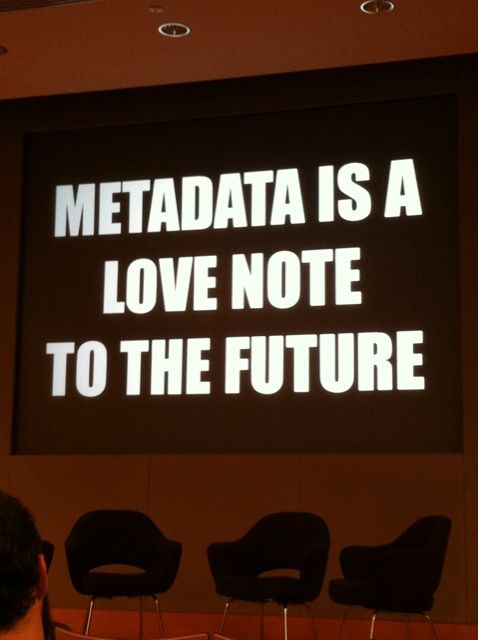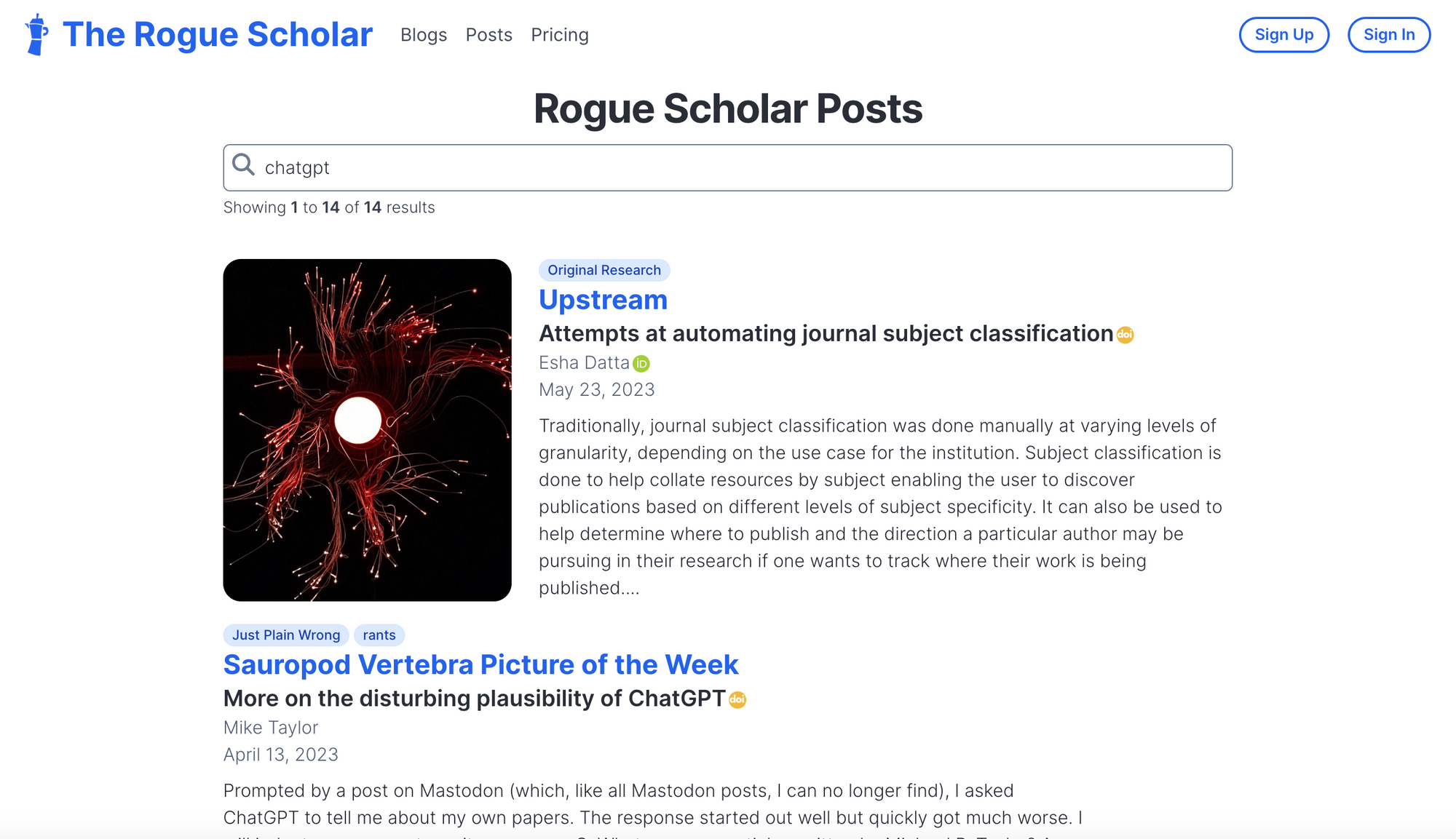
Sometimes we want to preserve a blog post to read or reuse later. There are generic tools for that purpose, including read-it-later apps such as Instapaper or Pocket. For scholarly blog posts, the right place can also be a reference manager, which stores the content and the metadata, especially if a DOI was registered for each blog post. Reference managers can store full-text documents and typically use PDF as the file format.








